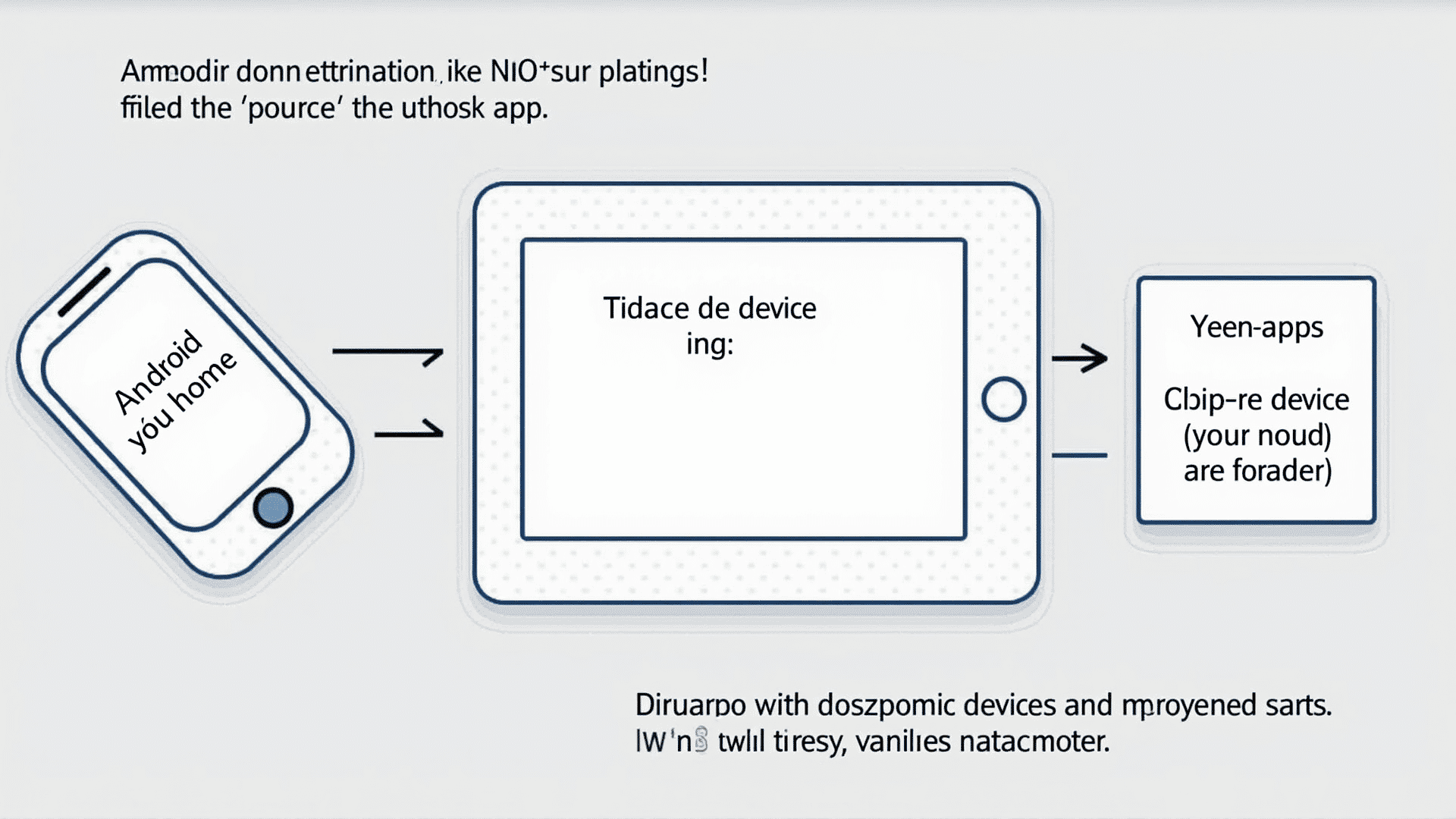In an increasingly mobile-first world, the demand for high-performance applications that provide seamless user experiences across various platforms has never been greater. Businesses are constantly on the lookout for solutions that cater to both Android and iOS users without duplicating efforts or skyrocketing costs. This is where cross-platform development, particularly using React Native, shines as a robust solution.
React Native, developed by Facebook, has emerged as a leading choice for building cross-platform applications. It empowers developers to use a single codebase to create apps that run simultaneously on different platforms, thereby saving time, reducing costs, and ensuring consistency in user experience.
One of the primary advantages of React Native is its ability to deliver near-native performance. Unlike previous cross-platform solutions that often resulted in clunky applications, React Native allows developers to build components in JavaScript, which are then bridged to native code. This unique mechanism ensures that the applications are both fast and responsive, much like their native counterparts. Consequently, users experience seamless transitions and swift interactions, which is crucial for maintaining engagement and satisfaction.
The UI/UX consistency React Native offers cannot be overstated. Designers and developers can ensure uniformity across platforms, while still making platform-specific UI adjustments when necessary. React Native leverages native components instead of web components. This approach ensures that the look and feel of applications resonate with users on iOS and Android, catering to their specific device conventions, thus minimizing learning curves and enhancing ease of use.
Beyond user engagement and cost-effectiveness, React Native is equipped with a vibrant community and a vast ecosystem of libraries and plugins. This supportive environment means that developers can leverage pre-built components to expedite the development process. The open-source nature of React Native ensures continuous improvements, keeping developers at the cutting-edge of technological advancements.
Moreover, React Native supports the integration of third-party plugins, which expands functionality beyond default options. Whether it is incorporating maps, payment gateways, or other advanced features, React Native provides the flexibility to integrate these seamlessly into an application.
Testing and debugging are also simplified through React Native. The framework supports real-time reloading, allowing developers to immediately view changes and debug on the go. This real-time feedback loop accelerates the development process, reduces the potential for bugs, and enhances the overall quality of the final product.
In conclusion, React Native stands out as an optimal solution for businesses aiming to deliver high-performance cross-platform applications. Its ability to bridge the gap between performance and accessibility, combined with its extensive community support and built-in efficiencies, makes it an invaluable tool in the modern app development landscape. As businesses strive to deliver seamless user journeys across devices, React Native offers a streamlined, effective pathway toward achieving that goal.
